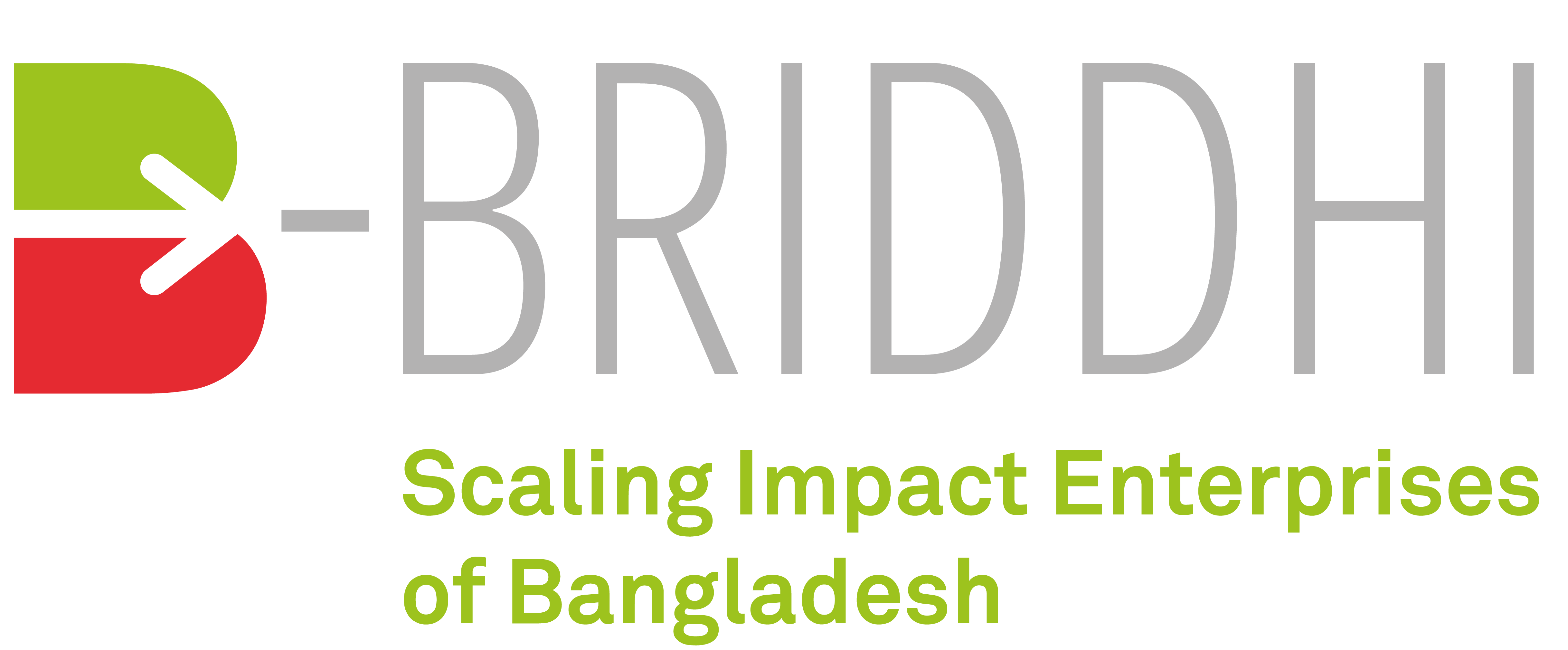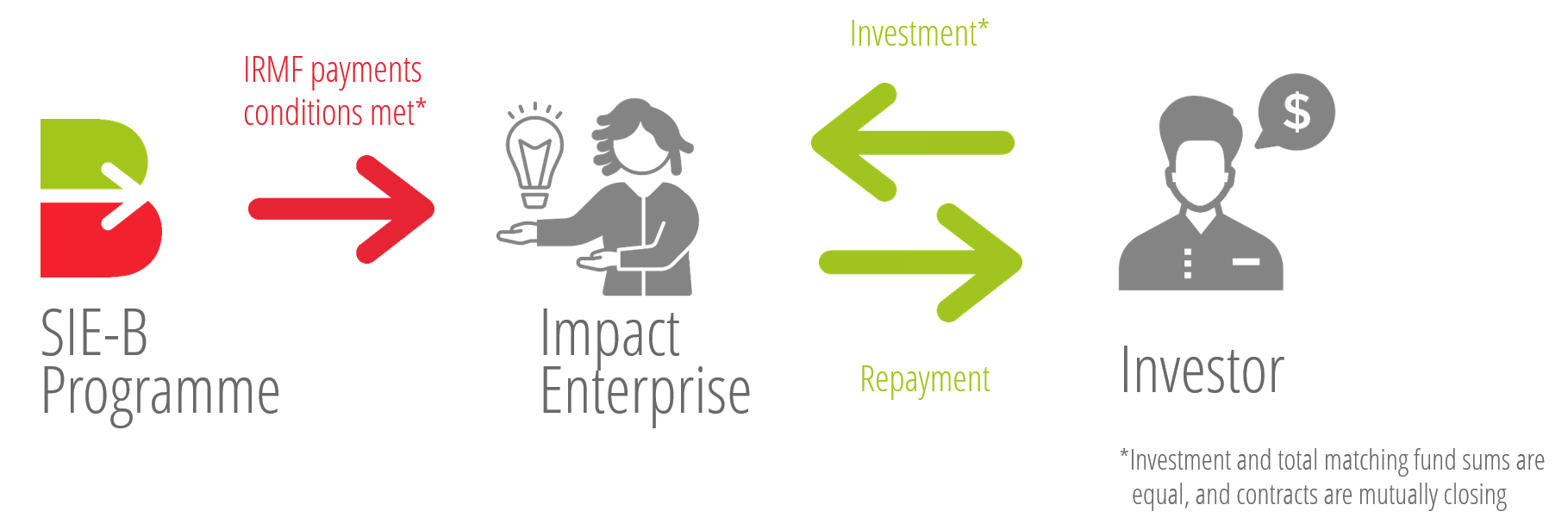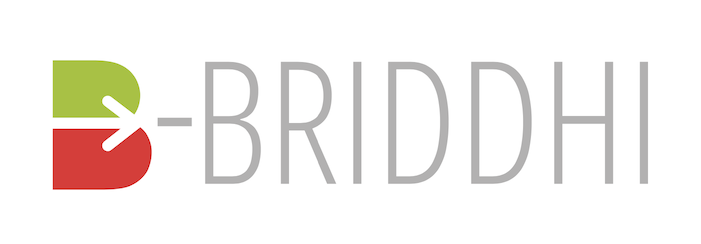IMPACT READY MATCHING FUND (IRMF)
Get rewards for building up your impact management systems

How does the Impact Ready Matching Fund (IRMF) work?
Enterprises receive financial rewards for improving their impact measurement & management (IMM)
IRMF is non-repayable funding that rewards enterprises for elevating their IMM capacities. It’s a hybrid financial instrument with elements of Impact-Linked Finance and capacity building. If you are an early-stage impact enterprise, you will be able to apply for this non-repayable funding that matches a recent seed investment and financially rewards you for building up your IMM systems. Impact enterprises are eligible to receive up to USD 100,000 – more detailed information can be found here.

How you can apply
The call for applications is open now!
Early-stage impact enterprises are invited to apply for non-repayable matching funding up to USD 100,000. As part of the application, impact enterprises must provide evidence of having recently secured repayable investment and/or securing it soon. You can find out more about the programme in this PDF. During the application period, there will also be an opportunity to ask questions by emailing info@sie-b.org. If you would like to check out the typical application questions, please click the button below.
When to apply
Make sure that you apply in time for our funding windows!
We accept IRMF applications on a rolling basis year-round and impact enterprises are welcome to apply at any time. However, please abide by the deadlines below if you want to be considered for our specific funding windows. You should expect to receive a response about any next steps within 1 month after submitting your application.

How to know if you are eligible
Here are the usual preconditions for a successful application:
To apply as an impact enterprise, you have to fulfil the following criteria:
- You are legally registered in Bangladesh
- You raised repayable investment (not grants) within the last six months or are seeking to raise repayable investment
- You have a functioning business model with a track record of paying customers
- You have achieved breakeven or are expecting to within the medium term
- You have a business model that explicitly seeks to address social and/or environmental challenges (or must articulate a willingness to shift their business model towards these aims)
- You have a business model that serves customer groups considered to be under-served within Bangladesh

